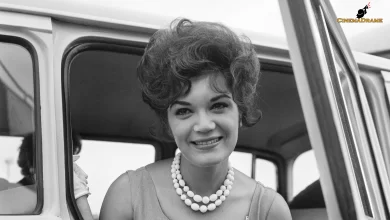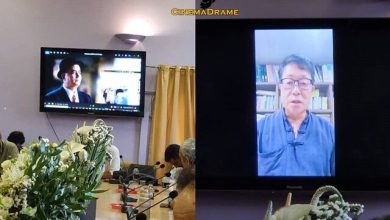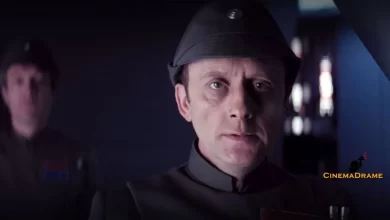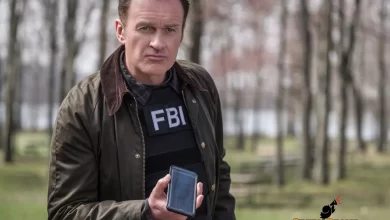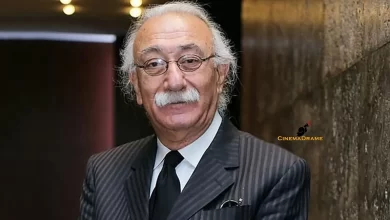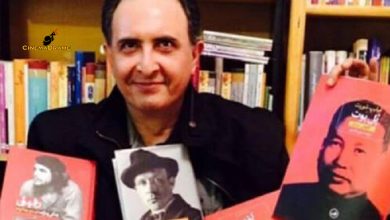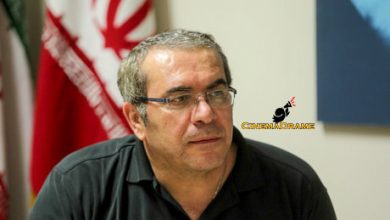Fereydoun Shahbazian, the composer of “Gol Goldoon-e Man,” passed away.
Fereydoun Shahbazian, the prominent composer and orchestra conductor of Iran, passed away today, Saturday, January 12th, in Tehran.
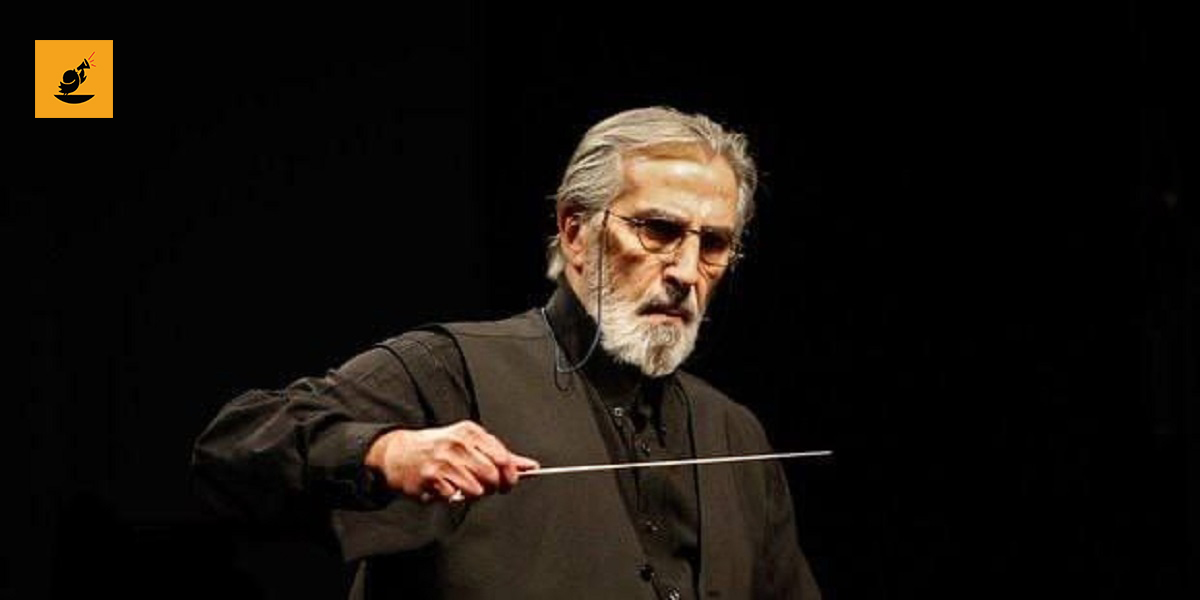
According to cinemadrame, Fereydoun Shahbazian was born on June 11, 1942, in Tehran. Encouraged and guided by his father, Hossein Shahbazian, he developed an interest in music and studied music and violin at the Tehran Higher Conservatory of Music. His first violin teacher was Atallah Khadem Misagh, who later introduced him to his Russian teacher, Sergei Khotsif. He studied under Khotsif until the end of his basic training. Afterward, he continued his violin education at the night classes of “Luigi Passanari,” who was the concertmaster of the Tehran Symphony Orchestra at that time, and obtained his diploma in violin performance. At the age of 17, he joined the Tehran Symphony Orchestra, conducted by Heshmat Sanjari. Following that, he began collaborating with the Radio Golha Orchestra, which was initially conducted by Ruhollah Khaleghi and later by Javad Ma’rufi. In 1966, he became the conductor of the Radio Choir and the Symphony Orchestra.
He graduated from the Faculty of Fine Arts at the University of Tehran. In the 1980s, Shahbazian began composing music for films. Together with Ali Ma’lum Damghani, he established the Music Council at the National Radio and Television, which was responsible for supervising and supporting pop music.
From September 2016 to April 2019, Fereydoun Shahbazian held the baton as the conductor of the National Orchestra of Iran. After resigning from the permanent leadership and artistic management of the National Orchestra, he was appointed as a music advisor to the Rudaki Foundation, a position he resigned from on May 21, 2019.
His father, Hossein Shahbazian, was a violinist, orchestra conductor, and a student of Abolhasan Saba. His wife, Mahoor Mousavian, is a photographer in Iranian cinema.
In November 2019, the launch event of Fereydoun Shahbazian’s music album “Vaghti Bargashtam” took place at the Charsu Cinema Complex.
In April 2021, while recording music for the TV series Yavar, Fereydoun Shahbazian suffered fractures in his right hand and pelvis. Despite needing immediate surgery, due to the necessity of preparing music for the series, he refused hospitalization and surgery until after completing the music for the first five episodes of the show.
Death
Fereydoun Shahbazian passed away on January 12, 2025, due to a lung disease in Tehran.
Works
Main article: List of Fereydoun Shahbazian’s works
Film and Television
Shahbazian started composing film music in the mid-1970s. After the Islamic Revolution and during the 1980s, due to restrictions on vocal music and singers, Shahbazian focused more on composing music for films and television series, where he had more opportunities to work and was somewhat protected from censorship. He composed music for many memorable and successful films, some of which earned him numerous awards at domestic and international festivals. Notable works include the soundtracks for Avar directed by Siros Alvand, Shir Sangi directed by Masoud Jafari Jozani, Peyizan directed by Rasul Sadr Ameli, the series Bagh-e Gilaas directed by Majid Beheshti, Hiwa directed by Rasul Malaghli-Pour, Ekhrājiha directed by Masoud Dehnamaki, and Khamoushi Daria directed by Vahid Mousavian.
Songs

Fereydoun Shahbazian’s vocal works have been performed by singers such as Mohammad Reza Shajarian, Ohdieh, Ali Asghar Shahzidi, Aref, Simin Ghane, Elaheh, Alireza Eftekhari, Nader Golchin, Akbar Golpayegani, Abdolhossein Mokhtabad, Hosamoddin Seraaj, and Mohammad Esfahani.
Shahbazian’s vocal works are divided into several categories. Before the Islamic Revolution, in the late 1960s and 1970s, he composed and arranged pieces for the Golha program, which was broadcast on Iranian radio and television. Some of his most famous works from this period include the songs “Por Kon Piyale Ra” performed by Mohammad Reza Shajarian and “Goriz” performed by Nader Golchin. “Por Kon Piyale Ra” is the first Iranian song composed for modern poetry. This song was composed in the Mahour mode, with Mohammad Reza Shajarian as the vocalist.
Another section of Shahbazian’s vocal works consists of melodies he composed for poems performed as recitations. One of these collections is the work “Kashafan Forootan Shokran,” where Ahmad Shamloo recites his political and social poetry in his youth. Shamloo, who at the time was not particularly fond of traditional music, praised Shahbazian’s music in the preface of this work and dedicated it to him.
Another part of Shahbazian’s musical activities is his composition of pop songs and television theme music, an area where he was also very active. His most significant contributions in this field were his collaborations with Mohammad Esfahani, for whom Shahbazian composed more than 20 pieces, all of which were performed by Esfahani.
Activities in the “Sedaye Sher” Collection
From the early 1970s until 1979, the Institute for the Intellectual Development of Children and Young Adults, with the efforts of Fereydoun Shahbazian, produced and released a collection of contemporary Iranian poets’ works, children’s story tapes, and Iranian folk and local songs. He composed music for the poems of great classical and modern poets, either with his own voice or through the voices of prominent narrators of that time.
Some of the works that were released under the title “Sedaye Sher” and composed by Shahbazian on cassette tapes and 33 RPM records include the following:
- Seda-ye Sha’er 1 (Poems of Hafez) with the recitation of Ahmad Shamloo
- Seda-ye Sha’er 4 (Ghazaliyyat of Molavi) with the recitation of Ahmad Shamloo
- Seda-ye Sha’er 6 (Poems of Mehdi Akhavan Sales) with the recitation of Mehdi Akhavan Sales
- Seda-ye Sha’er 8 (Poems of Rudaki) with the voice of Pari Zanganeh and the recitation of Manoochehr Anvar
- Seda-ye Sha’er 10 (Poems of Saadi) with the recitation of Hushang Ebtehaj

